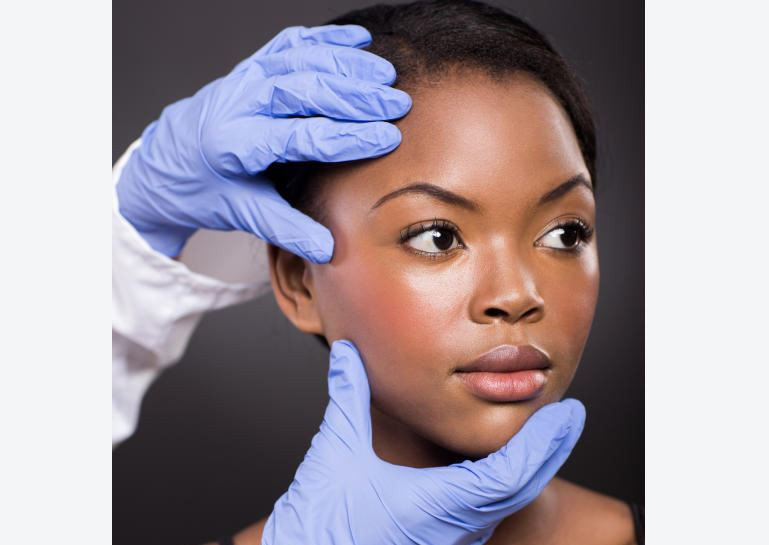
75% of women in Kenya have not performed a self-breast examination (SBE) and only 14% have had a clinical breast examination according to data released by the Ministry of Health.
Despite breast cancer accounting for 12.5% of all cancers in the country and 20.9% of all cancers among women, most women are yet to do breast examinations posing a challenge to early detection.
Speaking during the official launch of the National Breast Cancer Awareness Month (October 2020) at the Kenyatta National Hospital on October 13, Ministry of Health CAS Dr Rashid Aman expressed concern about early detection, awareness and screening services that have unfortunately remained low.
“Only 25% percent of women aged 15-49 years have performed a self-breast examination with 14% having had a clinical breast examination,” Dr Aman said. He also highlighted the prevalence of breast cancer in the country as he called for sensitization on early detection.
“Breast Cancer Awareness Month is the most important month for all women in our country. Non-Communicable Diseases (NCDs) burden is on the rise. We find ourselves at the crossroads of triple burden with COVID-19. Breast cancer accounts for 12.5% of all cancer cases and sensitization on early detection is more than necessary,” he said.
COVID-19 Stigma
After the first COVID-19 case in the country back in March, people living with NCDs, which includes cancer, have been enduring stigma after they were labeled as one of the most vulnerable lots in the society.
According to the NCD Alliance of Kenya (NCDAK), many NCD patients have failed to go to the hospital out of fear that they might fall victim to COVID-19.
“There was a lot of stigmatization at the beginning of the pandemic and many are still worried about going back for treatment in case they fall victim to coronavirus,” said Dr Catherine Karekezi, Technical advicer at NCDAK.
Dr Karekezi adds that: “Persons living with NCDs have borne the brunt of this pandemic. A lot of them lost jobs because they are at high risk and vulnerable to severe infection. Many of them have lost their jobs and many have not been able to continue with treatment.”

Awareness and early detection
Addressing the need for performing SBE, Catherine Wachira, Chairperson of Kenya Network of Cancer Organizations (KENCO), urged spouses to have a better understanding of the breast as well as the signs and symptoms of breast cancer to watch out for.
“It your job to know yourself and if you know your breast area, you will be better able to check what is normal and what is not. Also, men you can be a tool to help our women discover breast cancer. So for your significant other, be aware of what the signs and symptoms are so that you can be able to help,” Dr Wachira advised as she also shared a word on educating children about breast cancer:
“For our children, the best time to plant the seed of breast cancer awareness is now. If our children grow up knowing about breast cancer, they will be agents of change from the word go.
“For example, dealing with lifestyle risk factors, our children ought to know that our lifestyle determines our risk for cancer. If we take this message to our children, they will be better aware of themselves, they will take care of themselves better and in the future we will have less cancers.”
 The Standard Group Plc is a multi-media organization with investments in media platforms spanning newspaper print
operations, television, radio broadcasting, digital and online services. The Standard Group is recognized as a
leading multi-media house in Kenya with a key influence in matters of national and international interest.
The Standard Group Plc is a multi-media organization with investments in media platforms spanning newspaper print
operations, television, radio broadcasting, digital and online services. The Standard Group is recognized as a
leading multi-media house in Kenya with a key influence in matters of national and international interest.










